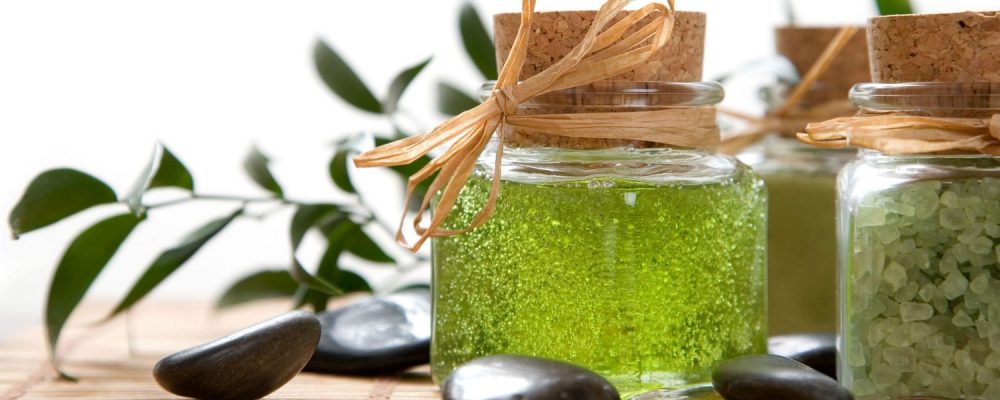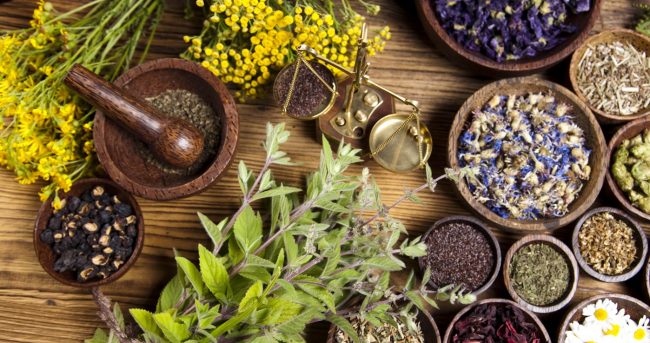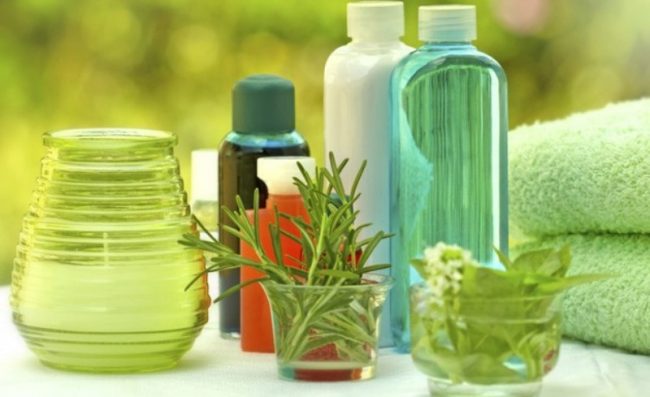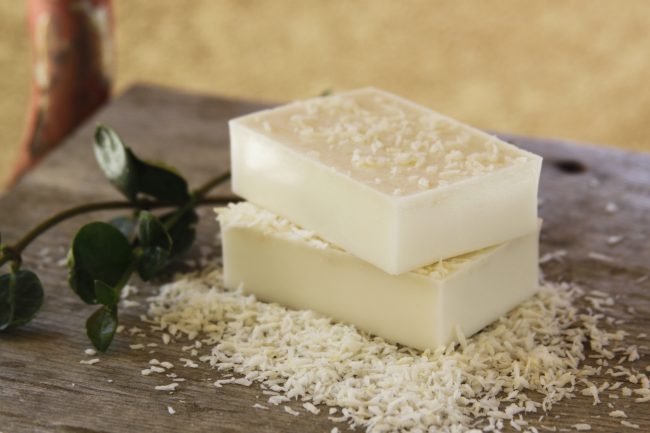
The idea of ‘going green’ has increased in popularity for a number of reasons, and while the cynics would have us believe that being environmentally friendly is just a trend or fad that people have hopped on, we can’t discount the fact that a lot of companies have updated their production processes to be more ecologically viable.
Unfortunately, though, there is some truth to the ‘trendy’ tag and some companies slap on phrases like ‘natural’ and ‘ethical’ without any real evidence that their product holds up to that green promise. Therefore it is a good policy to not take such assurances at face value. If you want to be careful, it is best to read the ingredients on the product and take note of what it does or does not consist of.
‘Now, what?’ you ask, as you are met with an assortment of words that actually look like they are made up, and a handful of defiant ‘x-free’ tags that you didn’t know were harmful in the first place. Let’s get to the decoding.
Natural

‘Natural’ – a tag that is easily appropriated. Image courtesy yaranaturals.com
Frankly, there is no universal (legal) acceptance of what ‘natural’ means, so this tag is easily appropriated and can be widely interpreted from company to company. It should mean that most or at least one or two ingredients are of natural origin. This does not mean that the product is all natural, however, as chemicals or synthetic ingredients can be easily added. Thus it is best to keep digging and finding out what each ingredient is rather than just relying on this tag.
Organic
The term ‘organic’ should only be used if it is authorised in a certification programme of which there are plenty in the United States of America (USA). These programmes maintain strict regulations and requirements, and there are varying degrees of how ‘organic’ a product is, depending on the percentage of organic ingredients used. Unfortunately, certified organic cosmetics are not easily available in Sri Lanka. This does not mean that there is a lack of organic cosmetics. Just be vigilant and ask the seller for more information if you require it.
Paraben-free
We have definitely seen this one on the back of shampoos and wondered what a ‘paraben’ is in the first place! Turns out they are a preservative that is frequently used in cosmetic products. They are usually easy to identify as methylparaben, propylparaben, and butylparaben. There are a number of paraben-free products in the market today, so this one should be easy.
No Phthalates
Phthalates are mostly used in nail polish and hairspray as a plasticiser. They are also used in soaps, shampoos, aftershave lotions and fragrances. If used in fragrances, it is not so easy to identify them, as they are usually not listed individually.
Sulfate-Free

A sulfate-free shampoo will not lather as much as your usual shampoo. Image courtesy closetcarioca.com
Sulfates are detergents in your shampoo that clean up grime and are also responsible for the rich lather that makes shampooing your mane such a fulfilling experience. A sulfate-free shampoo will not lather as much as you have come to expect (something you can easily get used to). Be mindful that the products used in sulfate-free shampoos are very likely to dry out your hair, so you will have to compensate for that.
Alcohol-Free
According to the FDA (US Food and Drug Administration), alcohol has been vilified by consumers as a drying ingredient. The term by itself refers to ethyl alcohol but products labelled ‘alcohol-free’ may contain other alcohols, such as cetyl, stearyl, cetearyl, or lanolin alcohol.
Cruelty-Free
Testing on animals has a long, ugly history but recent developments have seen the European Union (EU), Israel, and India ban the sale of any cosmetics or cosmetic ingredients that have been tested on animals. The US has not banned testing on animals, however, so many companies still carry out this practice. Some large companies that decry animal testing still carry it out, as China, undoubtedly a major market for some of these brands, maintained a policy until very recently that made it mandatory for cosmetics sold in the country to have been tested.
Vegan
The term vegan can be confused with cruelty-free but it goes the extra mile of being free of any animal ingredients and by-products. PETA has a list of ingredients to be on the lookout for, while also acknowledging that it is near impossible to avoid every single animal by-product.
Ethical
This is an umbrella term that looks at a company and their practices as a whole. Do they test on animals? Pay their workers fairly? Have environmentally sustainable practices? A company’s ethical policies will seem more or less admirable according to your personal values, so this one is subjective to your private opinions on politics, environmentally-friendly practices, and so on.
Sustainable

Although identifying proper ‘organic’ products may be a bit tricky, alcohol- and paraben-free products are fairly abundant in the local market. Image courtesy publicdomainpictures.net
The principle of sustainability is that everything we need to survive is either directly or indirectly dependent on our natural environment. Thus sustainability is to create harmonious conditions for humans to live in a way that does little to no harm to the environment and, instead, sustains and augments it. While natural and organic ingredients can sometimes mean premium prices, sustainable products can save money as well as the environment. According to the 12 Principles of Green Technology, sustainable products can mean raw ingredients that are renewable, chemical products that can easily degrade into the environment. and products that prevent waste. Values of sustainability can also be a part of various stages of manufacturing – from production to packaging and shipping.
So now that you have a bunch of handy terms with which to arm yourself when shopping, is it really possible to find cosmetic products in the Sri Lankan market that meet these standards? Finding a product certified as ‘organic’ is a little tricky, but alcohol and paraben-free products abound. The local market also offers a few home-grown and easily accessible international brands that are cruelty-free, vegan, and practice sustainable policies. Quick Google searches should tell you enough you need to know about each product and manufacturer so that you can make an informed decision. If you are on the fence about a homemade product, a chat with the manufacturer or seller should answer your questions.
A word of warning: if you are going to take the plunge and stock up on environmentally-friendly products, be mindful of the fact that some of them will behave differently to the products you are now used to. Be prepared to change up your routine, but do so with the satisfying knowledge that you’re doing your bit to save your home.
Featured image courtesy freshdesignpedia.com








